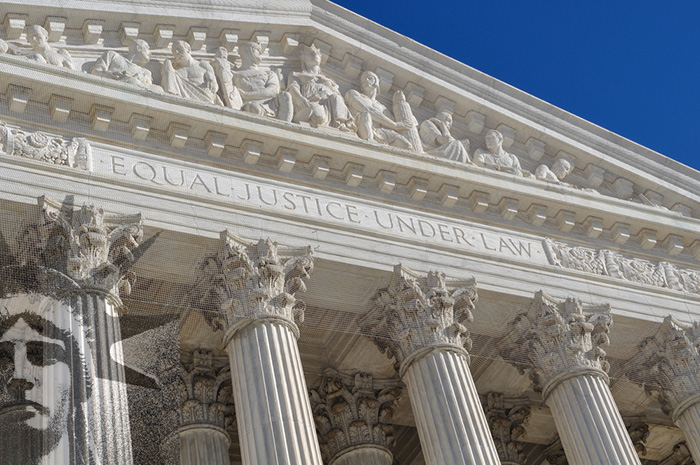Davis Appeals to 6th Circuit
When the religious beliefs of a government official conflict with the civil rights of citizens, who has the…

When the religious beliefs of a government official conflict with the civil rights of citizens, who has the…

If Congress, which passed both RFRA and Obamacare, believes RFRA's application goes too far, Congress could decide to…

Why attempts to convince state and local governmental officials that they can ignore Supreme Court decisions are legally…

Dr. Norman Farley examines the issue of immigration, the rule of law, and the search for solutions.

Even though the Court has granted accommodation requested by Rowan County Clerk Kim Davis, eliminating an independent judiciary…

Davis has made a decision according to her conscience, has had the willingness to not only follow it…
(The following is taken from an appendix to the book Patriarchs and Prophets). “The question has been raised, and…

By Jason Hines, PhD, JD - Has Christianity in America become so materialistic that we conflate our freedom…

Longstanding, agency-approved exemption of religious hospitals from federal pension law had been overturned, threatening Dignity Health chain of…

Statements of Justices Roberts, Thomas, and Alito on free exercise of religion in light of the same-sex marriage…